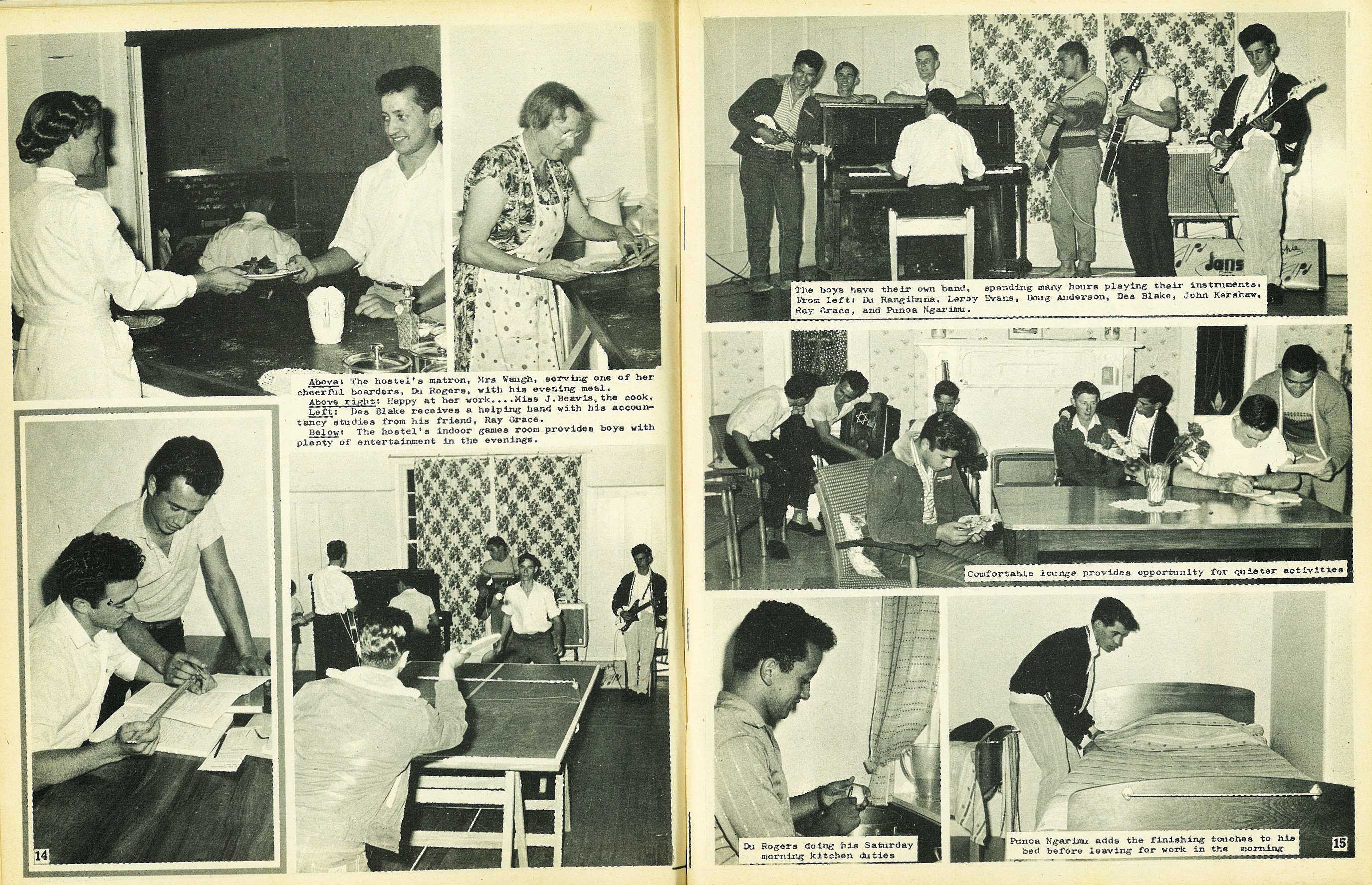

Jehovah judged the lack of such purity in differing ways and there are recorded instances of the punishment of God falling upon His people when impurity was discovered. The term holy, in its varying forms, is used many times in Exodus, Numbers and Leviticus. Leviticus chapter 8 Divinely prescribes the aspects and modes of cleansing which were to be applied to make and keep them clean. To preserve the sanctity of the house of God the Priests and Levites were required to be morally and ceremonially clean. Although the prophet Isaiah used these words in a different context, they adequately express the revealed mind and will of God regarding the purity which was to mark those members of the tribe of Levi whose responsibility it was to carry the sacred vessels. "Touch no unclean thing go ye out of the midst of her be ye clean, that bear the vessels of the LORD" Isa.52.11. As with other New Testament doctrinal and practical matters it is important to identify relevant principles found in Old Testament Scripture that are supra-dispensational. Similarly in the New Testament, many references are made to the same truth, beginning with the words of the Lord Jesus recorded in the Gospels and further continued in the teaching of the Epistles.

Throughout the revelation of the Old Testament there is clear and definite emphasis placed upon the holiness of God, and of the place where He dwells in the midst of His gathered people in both the Tabernacle and later the Temple. Carney’s name was often misspelled.The importance of the cleanliness of a local assembly has a close and integral link to its sanctity. Julia Carney is reported to have disliked this change, preferring happy to Eden, most likely as a reverence to Eden, though one can also speculate, she believed in caring for the Earth hence her choice of the word happy. Most hymnal versions also change the phrase ‘ make our earth happy’ to ‘ make our earth an Eden.’ The hymn was also published under various titles including – Infant’s Prayer and Little Drops. Various verses were added by different authors, including the following hymn stanzas:

The poem Little Things is published in numerous hymnals under the song title Little Drops of Water, typically set to a tune composed by Rhodes. What is the hymn Little Drops of Water, Little Grains of Sand? In the book Poems that Every Child Should Know published in 1904, authorship was erroneously given to the Reverend Ebenezer Brewer, although the poem had actually been written by Julia Carney many years earlier. The verse was recited in Sunday school classrooms and re-written for singing in church hymnals. Little Things became so popular Carney was asked to write additional stanzas, composing an additional three, which make the final poem. Her poem was originally published in a Methodist publication, uncredited. Numerous parodies of the poem have been published, most notably the following poem by Burgess: Tidiness Poem by Gelett Burgess, 1908ĭuring an impromptu classroom assessment in Boston, Julia Carney composed the first stanza of the poem on a blackboard in only ten minutes.Ĭarney’s husband was a minister, and reprints of the poem appeared in numerous hymnals and Methodist publications.

Tidiness in the bible pdf#
Click to download a pdf printable version of Little Things Poem Printable. Written in the 18th century by Julia Carney, the poem tells how little things change the world, and how each little effort matters. Little Things poem is an inspirational poem about the value of living in the moment and about the power of small acts of kindness.


 0 kommentar(er)
0 kommentar(er)
